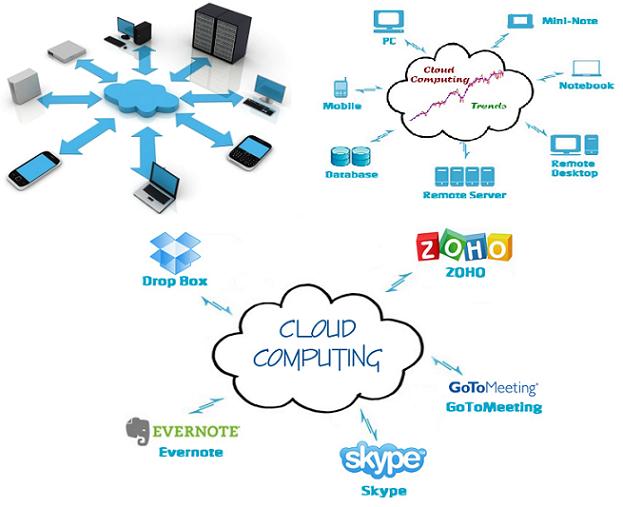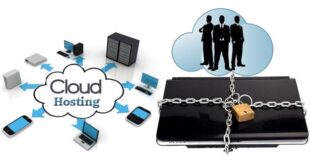Backup Hard Drive or Cloud Computing? – Once upon a time, computer storage space used to be a pain in the butt. It is hard to believe that now, with all the storage options available, storage space on a personal computer was limited and in many cases hurt the overall speed of the computer.
That is no longer the case these days. There are USB drives, flash drives, disks and the two most common and newest on the market: The external hard drive (also known as a back-up hard drive) and the use of cloud computing.

Each of these computer storage options essentially do the same thing and offer a large amount of storage space, but many of them differ in how they store information and how large the amount of space they offer.
The two largest are the back-up hard drive and cloud computing programs, and both of these have their own benefits and disadvantages.
Backup Hard Drive or Cloud Computing – Comparison
Back-Up Hard Drive
Many computer users have found themselves in a situation in which their computer crashes. Either it won’t reboot, or if it does, they find that most, if not all, of their most important and cherished information has vanished without a trace.
This is the primary reason having a back-up hard drive is crucial: In the end it saves a lot of time and emotional trauma. Many computers will come with a back-up hard drive on a disc of some sort. It is imperative that you download it right away, as these kinds of discs tend to be forgotten about as soon as the computer leaves the box.
But, an even more effective back-up hard drive comes in the form of an external hard drive. This gives a person’s computer a whole lot more space, as well as affording the computer user the option of making back-up copies of every file and program on their internal hard drive.
External hard drive drawback
The drawback to an external hard drive is the chance that it may become damaged. While the information stored inside the hard drive may be safe, it does not guarantee that the outside will be just as safe from things like water and fire damage.
Cloud Computing
Using cloud computing as a means to store information from a personal computer has become the fastest growing option of late. There are many reasons for this, but the main reasons are ease of use and access and the unlimited storage space size that the programs offer.
Cloud computing allows a computer user to store information online in what is sometimes referred to as a “web locker.” This affords a person to have 24-hour, anywhere-on-the-planet availability to their hard drive, which an external hard drive does only if a person carries it around with them all the time.
Check more about Cloud Computing
- Consider 3 Things Before Moving to Cloud Computing
- Top 5 Cloud Computing Applications 2012
- Cloud Computing Trends In 2012
Since the cloud computing program does not actually have a physical form, it means that the storage space is safe from any structural damage.
Cloud computing drawback
The drawback to cloud computing is that it is online, and there could be some security factors that go along with anything used online. Also, there is sometimes a fee for people who want more space available to them through cloud computing.
In the end, it is up to a matter of personal preference as Cloud Computing or Backup Hard Drive options will get the job done.
 Tricks Window Technology Zone – Complete Technology Package for Technology News, Web Tricks, Blogging Tricks, SEO, Hacks, Network, Mobile Tricks, Android, Smartphones etc.
Tricks Window Technology Zone – Complete Technology Package for Technology News, Web Tricks, Blogging Tricks, SEO, Hacks, Network, Mobile Tricks, Android, Smartphones etc. 


